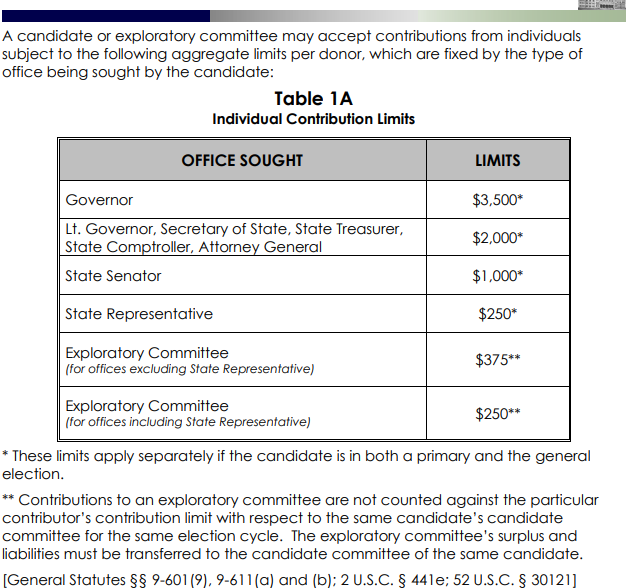If you wanna be a political player, good to know the rules and election timetable. Only the most fastidious campaign junkies pay attention to this stuff. It can mean the difference between qualifying for the ballot, receiving public money and avoiding migraines when state, and sometimes federal, officials come calling.
The next few months feature town committee contests, delegate selection, party endorsements, primary petition challengers in advance of potential August primaries for state office.
Bridgeport will be at the center of the action starting with March 1 Democratic Town Committee primaries. Rules for town committee candidates here.
The attention will then turn immediately to state legislative offices in this gubernatorial cycle. State election calendar here.
Many candidates will try to qualify for campaign money under the state’s Citizens Election Program of publicly funded races.
The biggest question is the future of State Senator Dennis Bradley who is scheduled for federal trial next month, barring another delay, on charges he manipulated the state’s campaign finance rules for his 2018 run for state office. Potential candidates have hit the pause button waiting on the outcome of Bradley’s trial. It’s a tricky call if they want to meet the timeline to receive public money for an August primary.
Bridgeport is a party-dominant district where larger grants are available to candidates. For instance the campaigns of primary candidates for state senate must raise at a minimum $17,300 from 300 residents in whole or part of the district to scoop up $99,525. Contributions must be $5 to $290. Example: Connecticut’s 23rd Senate District covers about two thirds of Bridgeport and a piece of western Stratford so candidates may raise money from the entirety of both communities.
For state representative, a minimum of $5,800 must be raised from 150 residents of municipalities in whole or in part to qualify for $33,175 with the same contribution limits.
See CEP guidebook.
Connecticut’s public financing program is voluntary so candidates may opt out, raising it the old-fashion way from larger donations. Bradley must raise money outside the program because he’s ineligible for a public grant.
Non-participating candidate. See guidebook.


